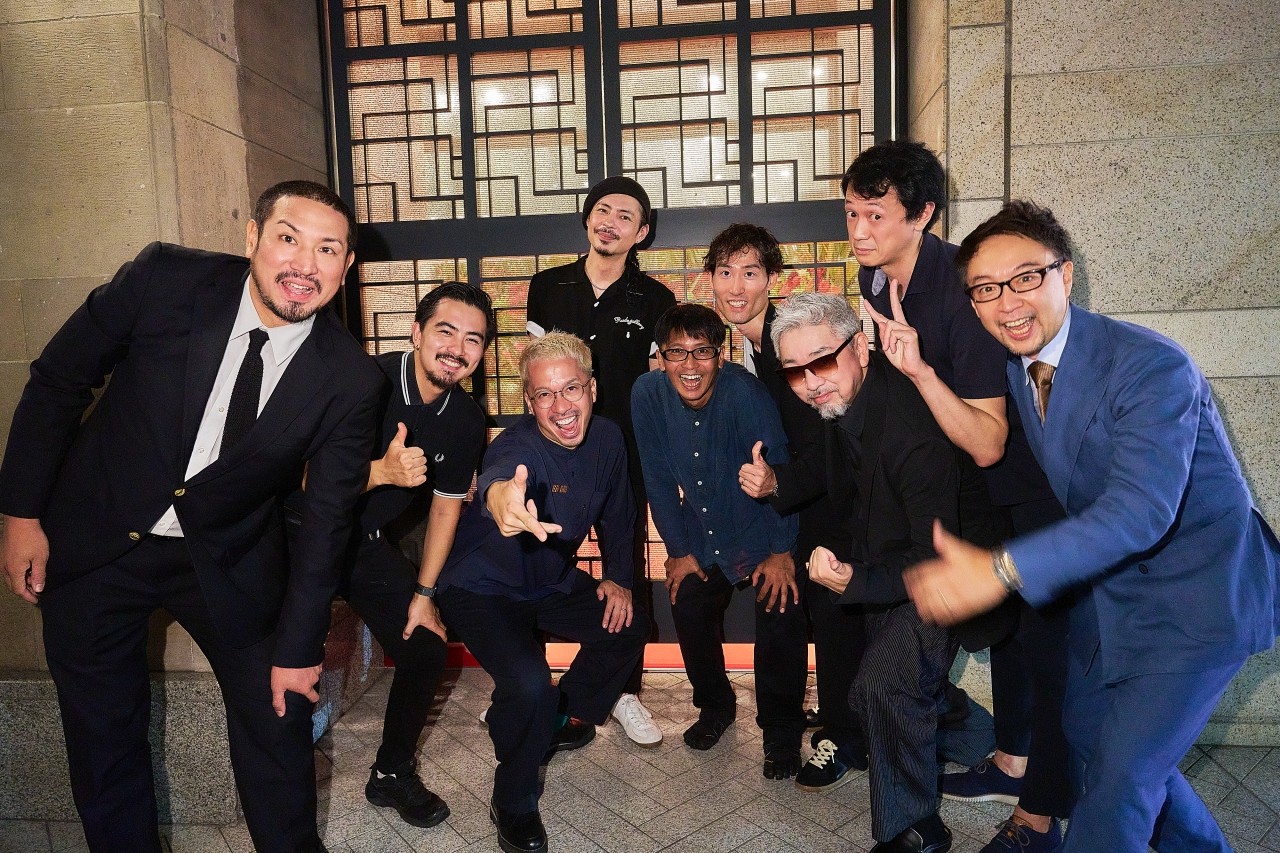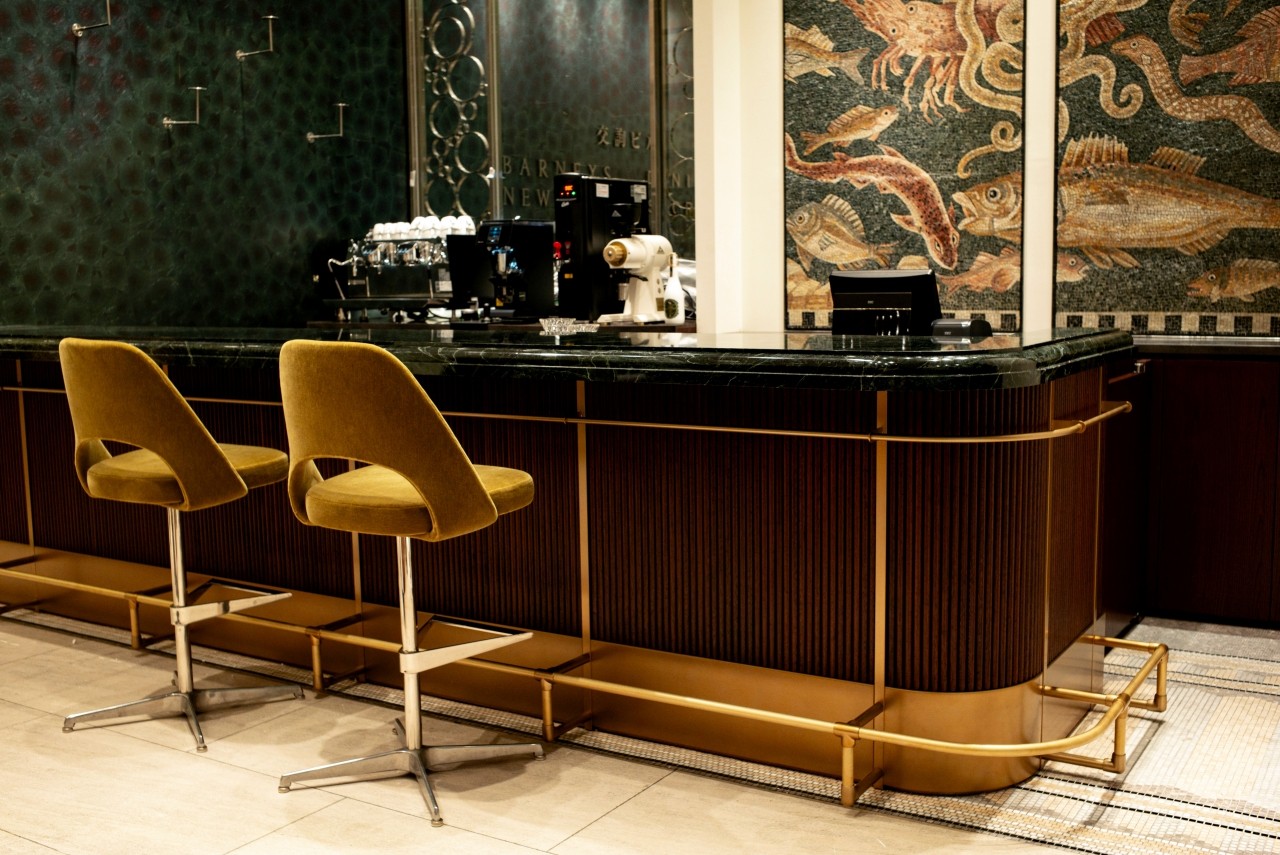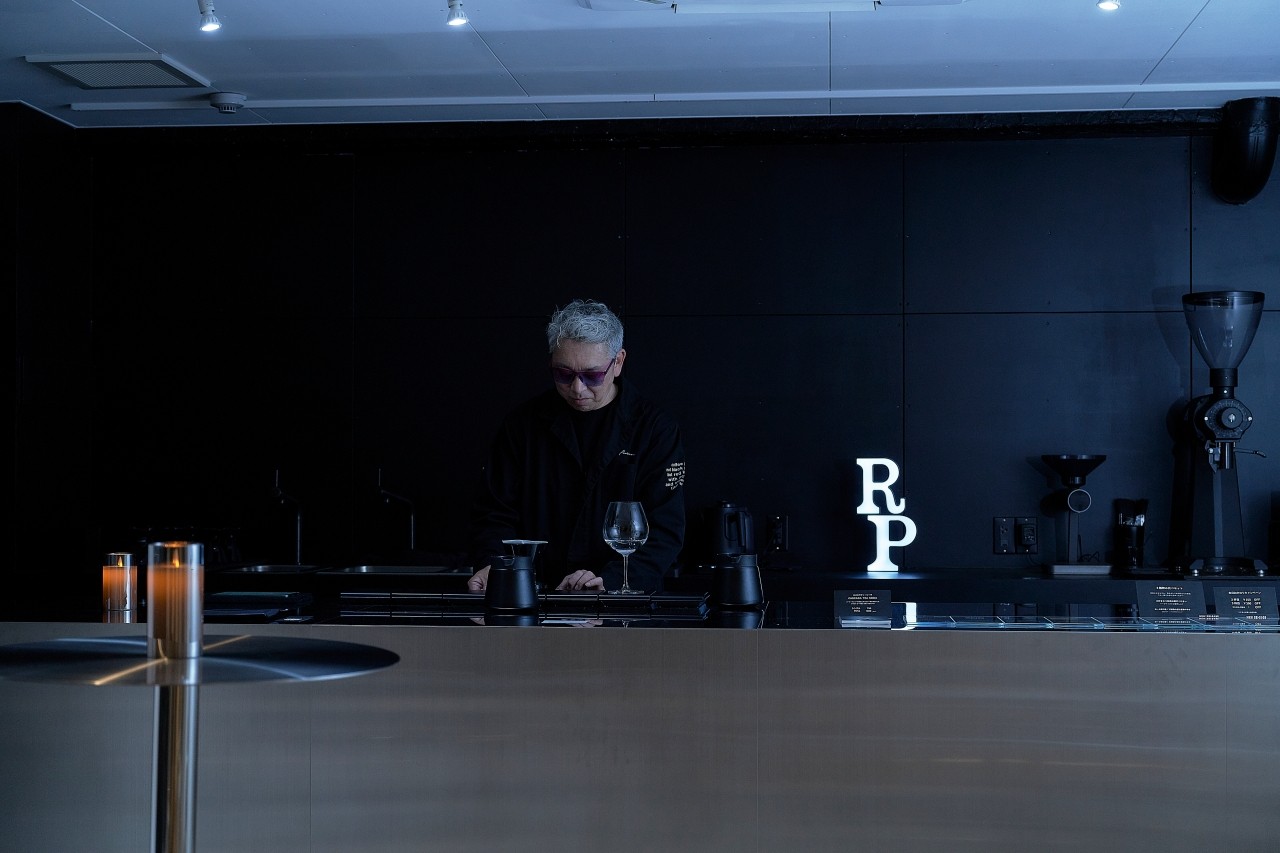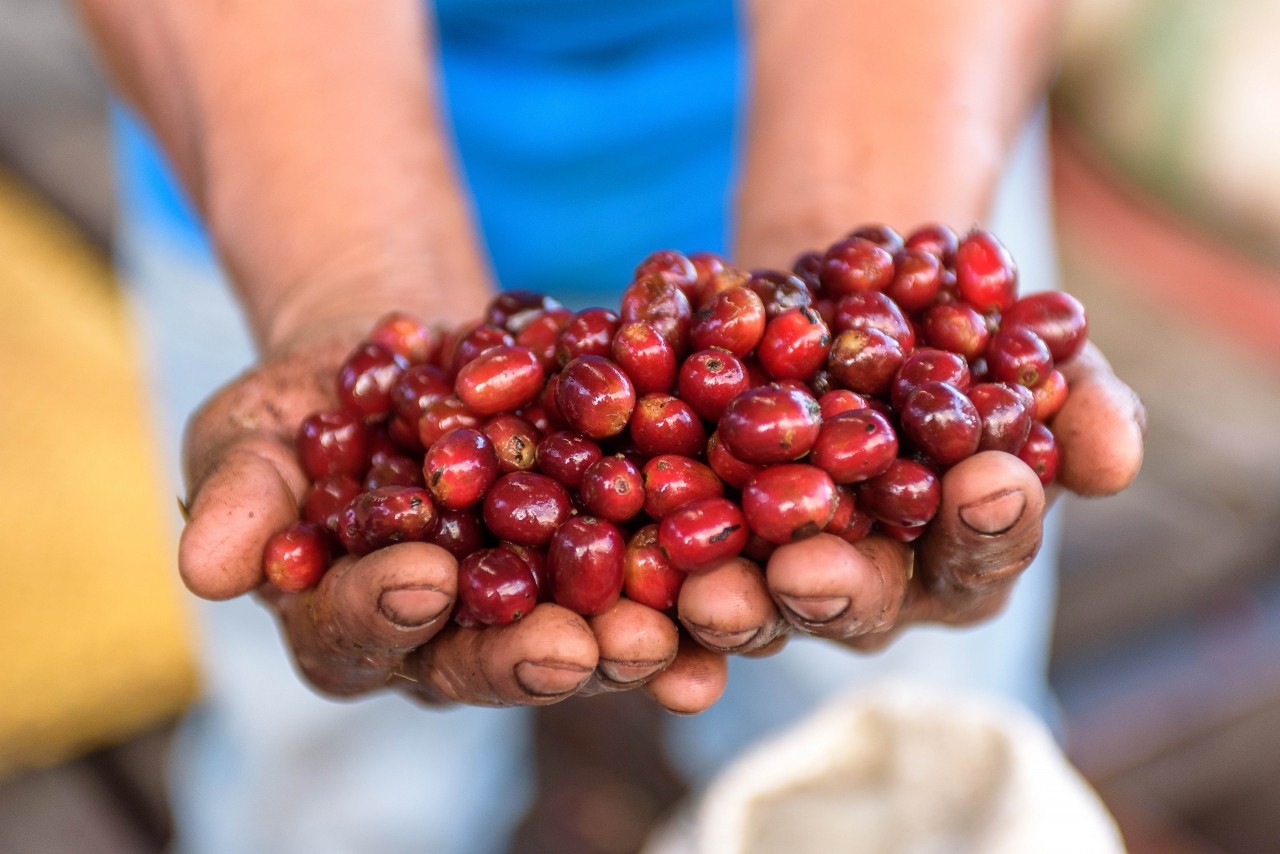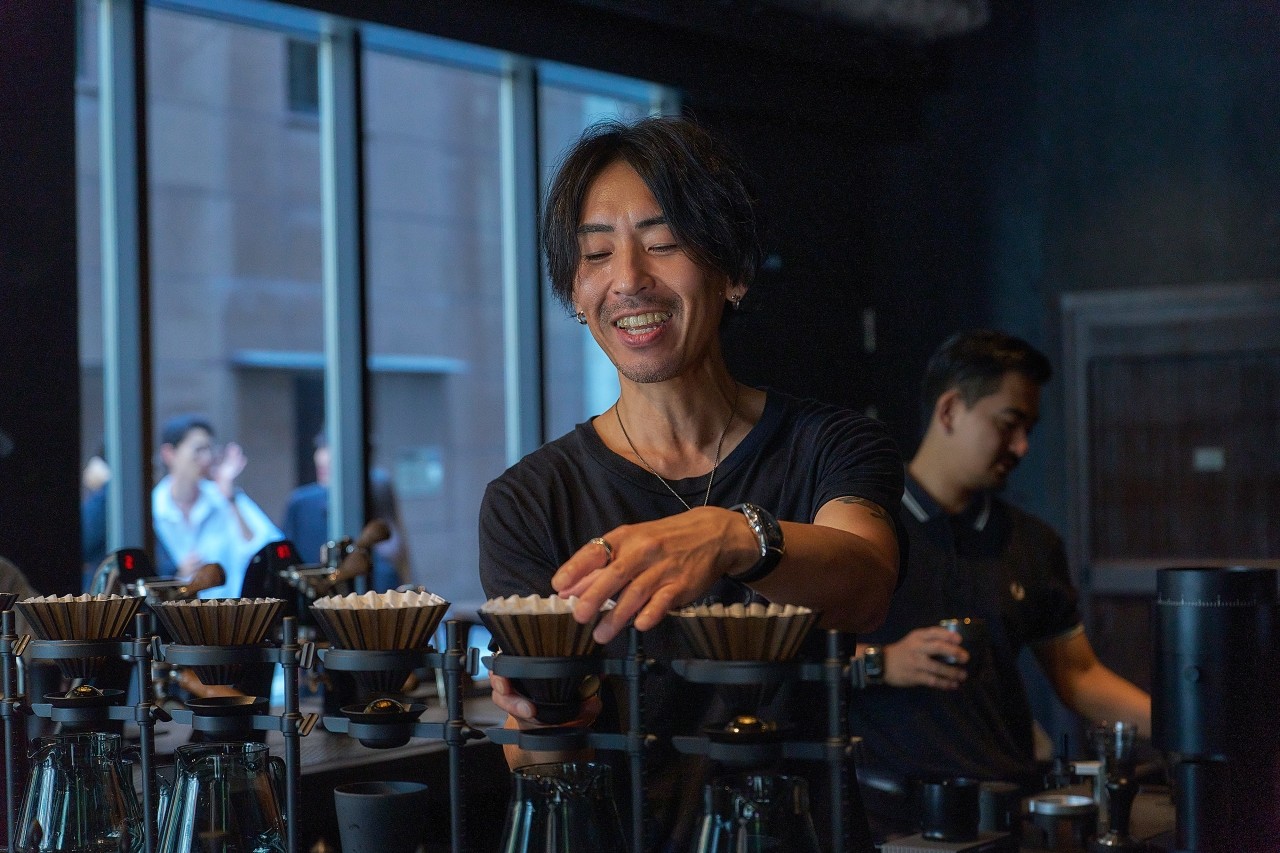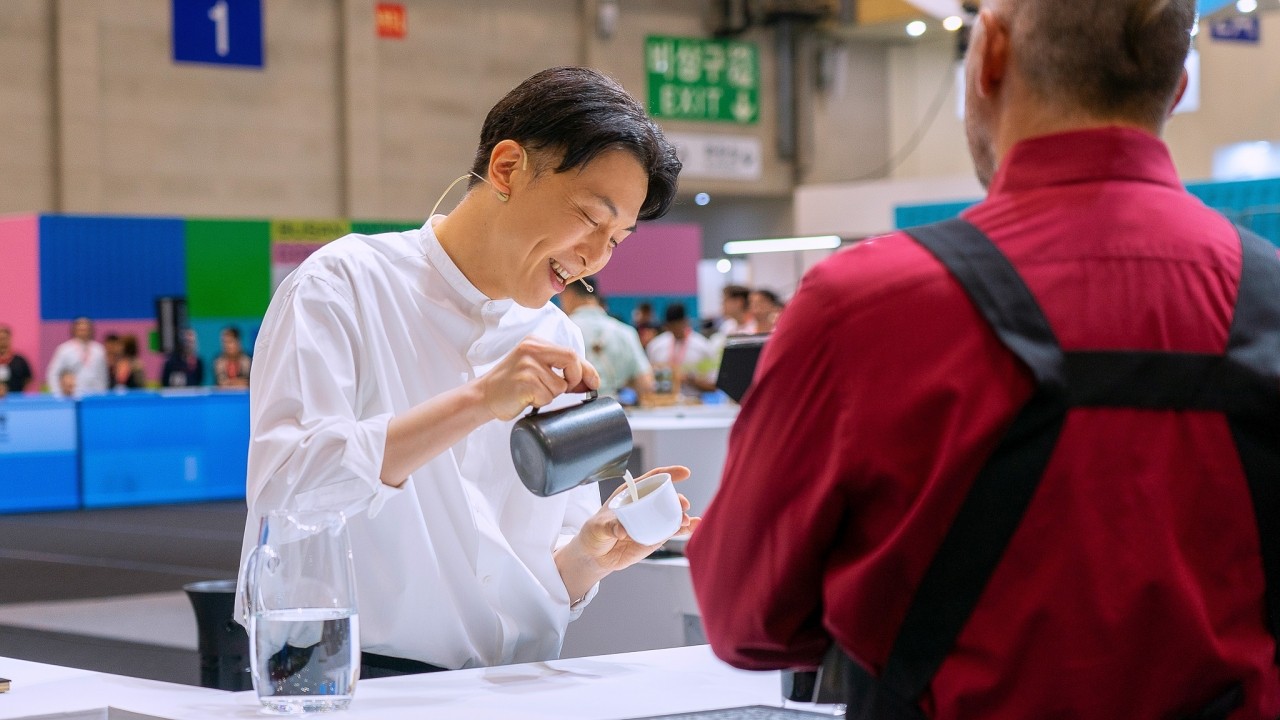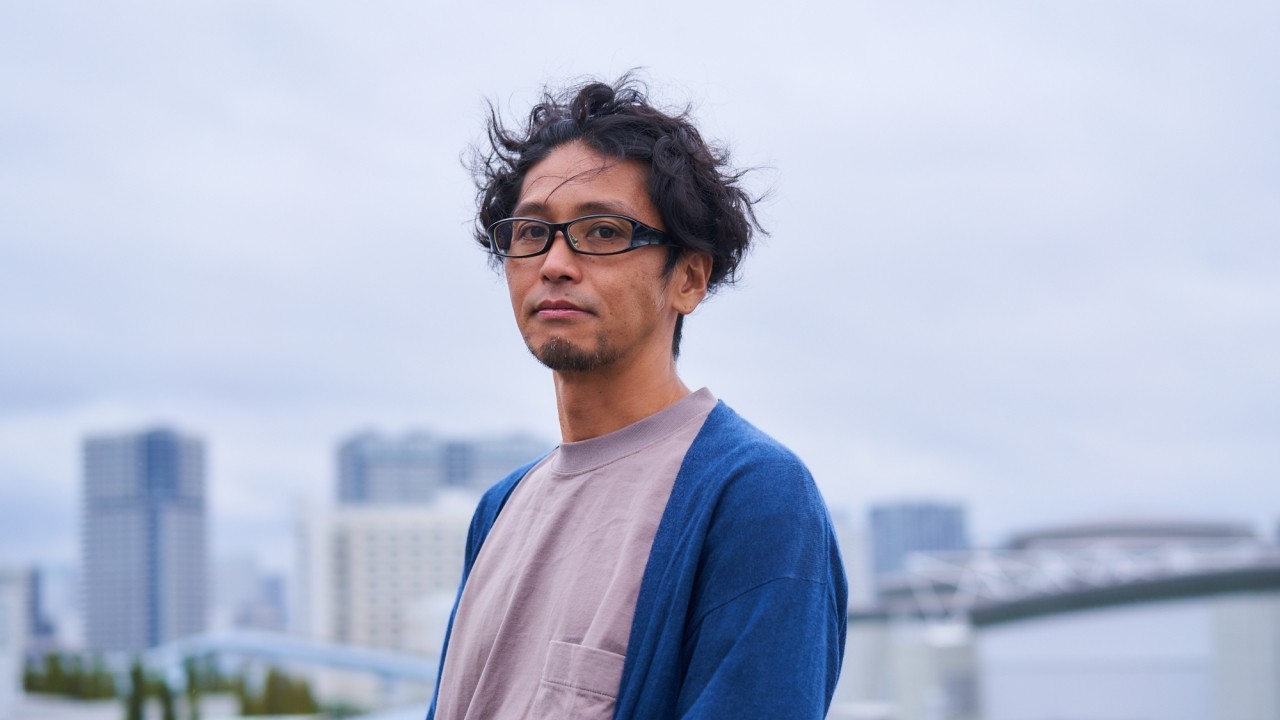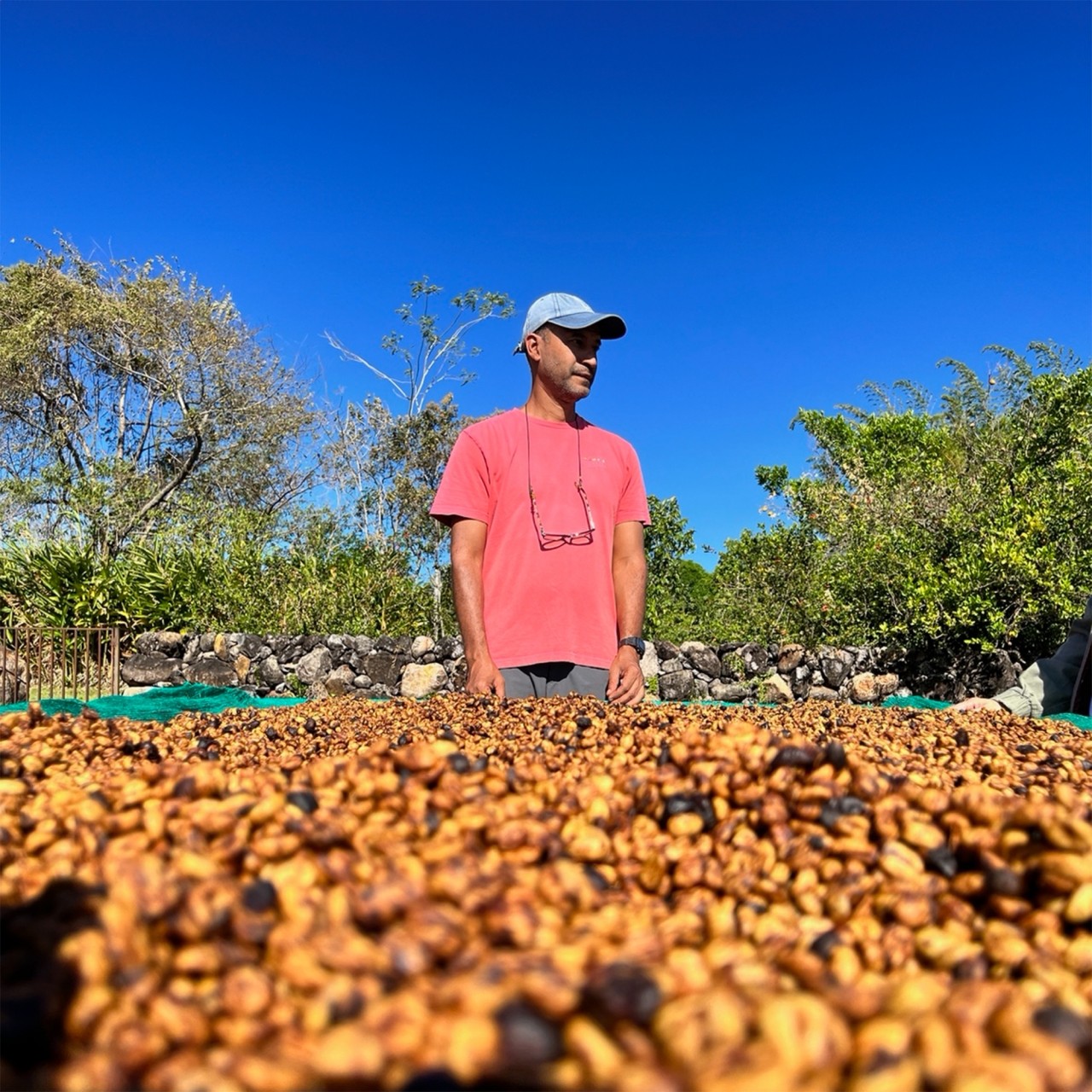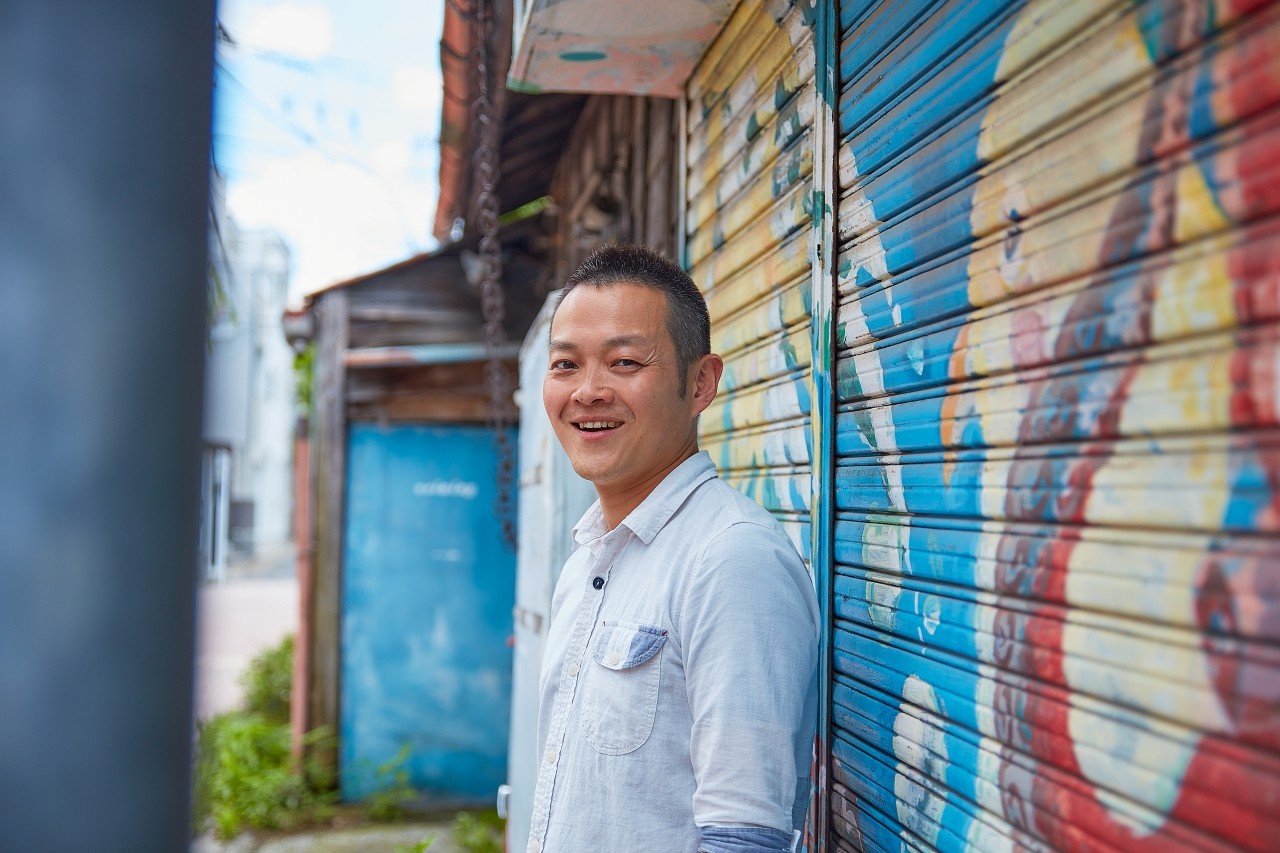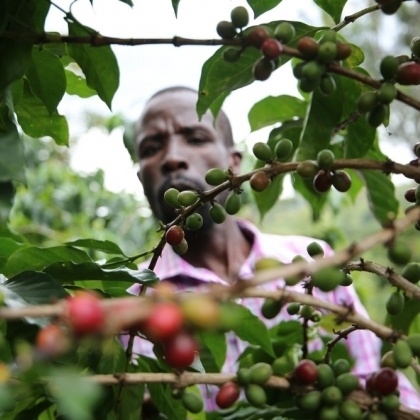Brazilian specialty with high potential! Introduction to coffee producing regions around the world
Brazil boasts the world's largest coffee production, but the country has the impression that most of its coffee production is commodity.
However, Brazil is also one of the earliest producing countries to have undertaken efforts to improve quality, as exemplified by specialty coffee.
This time we will introduce you to the history of Brazil and specialty coffee.
One of the world's leading coffee producing countries
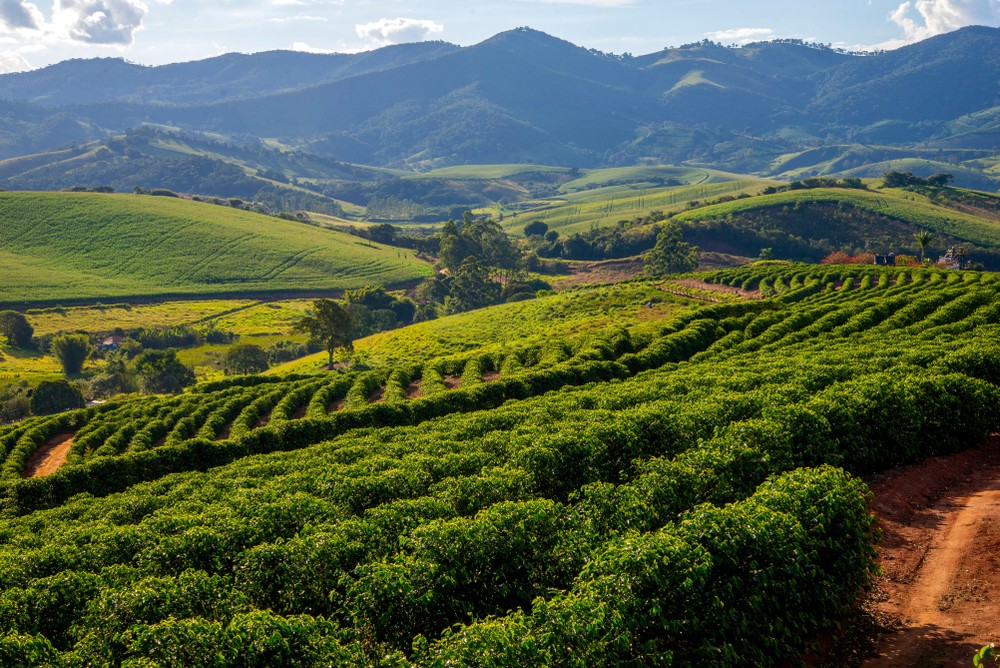
As mentioned above, Brazil is a major coffee producing country. It is the world's largest producer of coffee, and is ranked number one in terms of cultivation area and production volume. It is also the world's second largest consumer of coffee, after the United States.
Approximately 70% of the coffee beans produced are Arabica, and the remaining 30% are Robusta (Canephora) species.
Brazil's main producing areas change every year due to the effects of global warming, but in recent years production has been active in the states of Sao Paulo, Minas Gerais, and Bahia. In addition, with the rise of specialty coffee, quality evaluations have been reconsidered, and the quality of the beans has improved overall.
Brazil's vast land area with flat, gentle slopes and little land creates distinctive coffee cultivation and harvesting methods.
To increase efficiency, harvesting on these vast farms has become increasingly mechanized, and the farms are now set up so that machines can fit between the coffee trees. Using machines has the disadvantage of dropping green, unripe coffee cherries, but the reality is that the vastness of the farms means that they cannot be harvested without relying on machines.
In mountainous areas and on small farms where it is difficult to introduce machinery, harvesting is done by hand by people called pickers, and different methods are used depending on the characteristics of the region where the coffee is grown.
Natural coffee is the mainstream selection process. In natural coffee, the harvested coffee cherries are selected, dried in the sun while still in the fruit drying area (some farms use mechanical drying), and the dried cherries are shelled to extract the raw coffee beans. Compared to washed coffee, it is more environmentally friendly as it does not use a large amount of water, and because the coffee pulp is left on while it is dried, it has a unique sweetness and flavor.
Approximately 70% of the coffee beans produced are Arabica, and the remaining 30% are Robusta (Canephora) species.
Brazil's main producing areas change every year due to the effects of global warming, but in recent years production has been active in the states of Sao Paulo, Minas Gerais, and Bahia. In addition, with the rise of specialty coffee, quality evaluations have been reconsidered, and the quality of the beans has improved overall.
Brazil's vast land area with flat, gentle slopes and little land creates distinctive coffee cultivation and harvesting methods.
To increase efficiency, harvesting on these vast farms has become increasingly mechanized, and the farms are now set up so that machines can fit between the coffee trees. Using machines has the disadvantage of dropping green, unripe coffee cherries, but the reality is that the vastness of the farms means that they cannot be harvested without relying on machines.
In mountainous areas and on small farms where it is difficult to introduce machinery, harvesting is done by hand by people called pickers, and different methods are used depending on the characteristics of the region where the coffee is grown.
Natural coffee is the mainstream selection process. In natural coffee, the harvested coffee cherries are selected, dried in the sun while still in the fruit drying area (some farms use mechanical drying), and the dried cherries are shelled to extract the raw coffee beans. Compared to washed coffee, it is more environmentally friendly as it does not use a large amount of water, and because the coffee pulp is left on while it is dried, it has a unique sweetness and flavor.
Even within Brazil, there are regional characteristics, and in recent years an increasing number of farms are adopting selection methods other than natural.
In addition, even large farms that use mechanical harvesting are working to improve quality, so it is no longer possible to simply say that mass production equals lower quality.
The Brazilian Specialty Coffee Association plays a major role in this.
Founding of the Brazilian Specialty Coffee Association
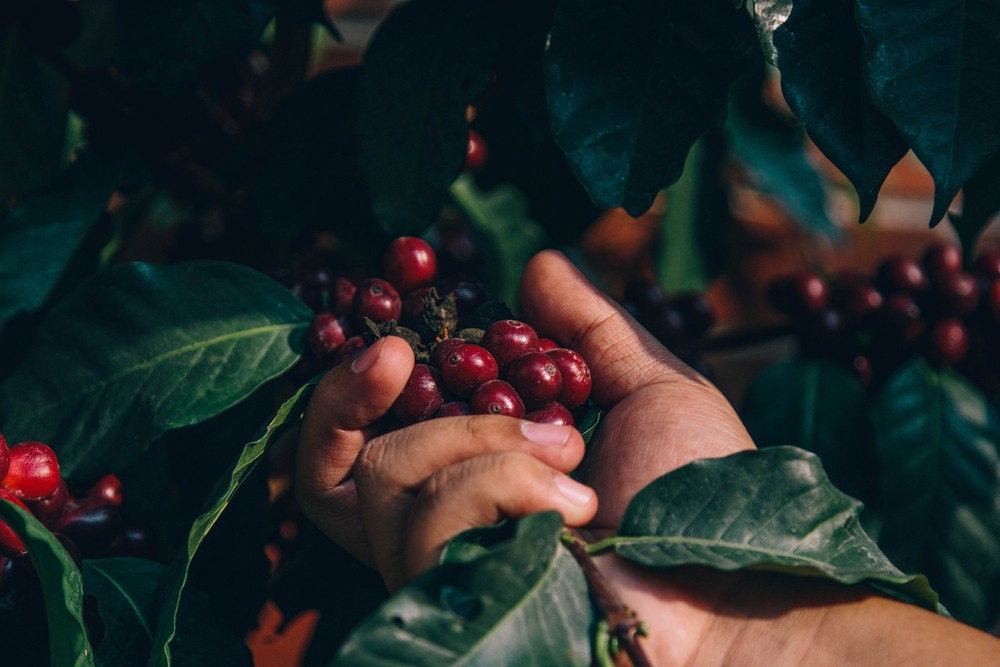
In 1991, recognizing the importance of quality in coffee, 12 pioneers and entrepreneurs founded the Associação Brasileira de Café Especiais (BSCA) to capitalize on new trade opportunities by investing in coffee quality. BSCA aims to bring together individuals and companies in the national and international specialty coffee markets, to disseminate and promote technological improvements in the production, commercialization and industrialization of specialty coffee.
As a country-producing association, BSCA's main goal is to improve the quality of Brazilian coffee offered on the national and international markets through research, the dissemination of quality control techniques, and partnerships for product promotion.
As a country-producing association, BSCA's main goal is to improve the quality of Brazilian coffee offered on the national and international markets through research, the dissemination of quality control techniques, and partnerships for product promotion.
As a result of these activities, the world's first COE was held in Brazil in 1999 with the backing of the BSCA.
Cup of Excellence starts
In October 1999, an experimental coffee competition was held at Manabu University in Lavras, Brazil. Ten lots were awarded prizes and a quality certificate called the Cup of Excellence (CoE) was given at the competition, named "Best of Brazil". In December 1999, the world's first internet coffee auction was held for the winning lots.
Best of Brazil was held as part of the Gourmet Project, which is primarily funded by the International Coffee Organization (ICO) and the Common Fund for Commodities. However, it was originally an event organized by Brazilian producers who were active in the BSCA and were passionate about improving quality, with the aim of trading coffee according to new quality standards and at prices that corresponded to those standards.
Best of Brazil was held as part of the Gourmet Project, which is primarily funded by the International Coffee Organization (ICO) and the Common Fund for Commodities. However, it was originally an event organized by Brazilian producers who were active in the BSCA and were passionate about improving quality, with the aim of trading coffee according to new quality standards and at prices that corresponded to those standards.
After seeing Brazil's success, COEs began to be held in other countries, helping to improve coffee quality and giving back to producers.
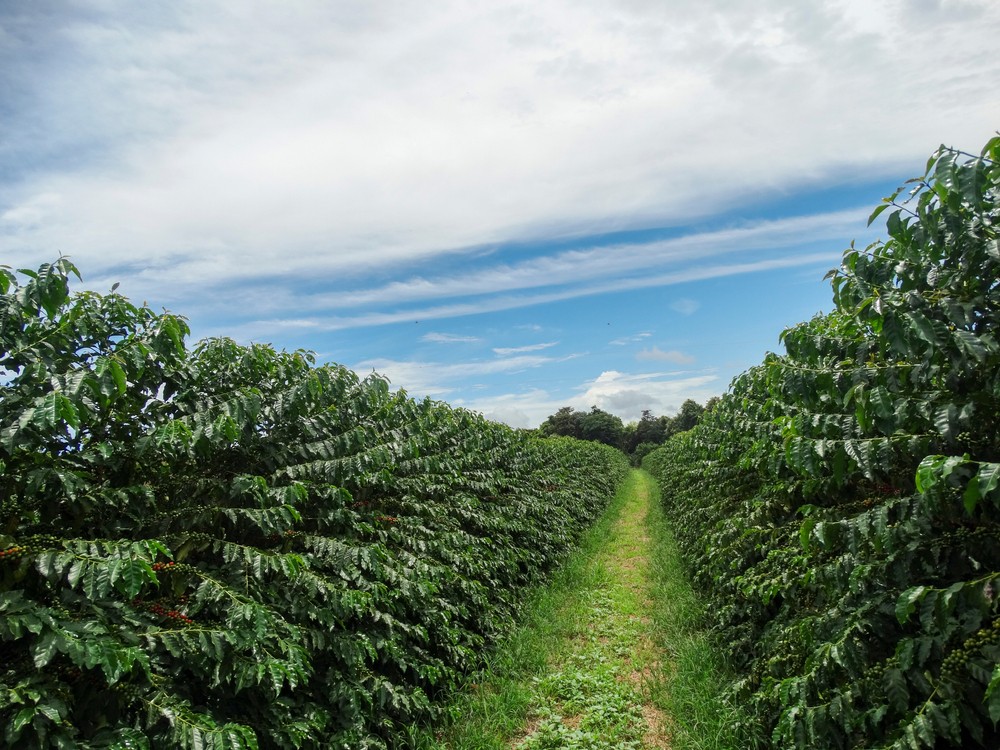
Brazil is the world's largest coffee producer, and some dedicated producers have taken pioneering steps to improve quality.
Brazilian coffee may not be considered a leading producer in the world of specialty coffee, but if new initiatives such as those currently being undertaken on some farms spread, the country will undoubtedly begin to increase its presence once again in the future.
We will continue to keep an eye on Brazilian specialty coffee.
2023.12.29
CROWD ROASTER
If you want to enjoy coffee more deeply
" CROWD ROASTER APP"
Manabu at CROWD ROASTER LOUNGE
・Push notifications for article updates・Full of original articles exclusive to CROWD ROASTER
・Direct links to detailed information about green beans and roasters
App-only features
- Choose green beans and roasters to create and participate in roasting events・CROWD ROASTER SHOP: Everything from beans to equipment is readily available
・GPS-linked coffee map function

